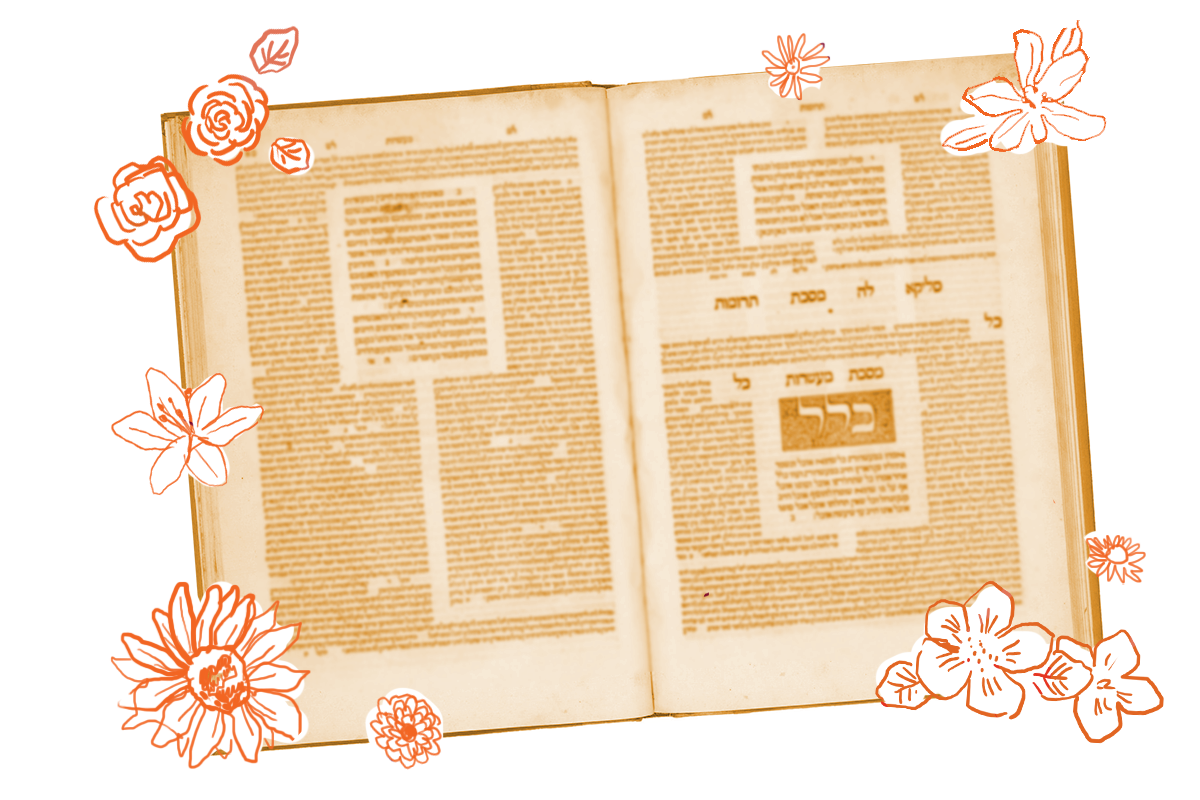There are exceptions, the Talmud tells us, to the mitzvah of hashavat aveidah, returning lost items. For example, if an elder cannot return an object without compromising his or her dignity, s/he is exempt from the obligation. In this vein, the Gemara relates a story:
Rabbi Yishmael ben Rabbi Yose was walking on the road. He met a person who was carrying a load of wood. He put it down and was resting, then said to Rabbi Yishmael, “Lift it for me.”
Rabbi Yishmael ben Rabbi Yose asked, “How much does it cost?”
The man responded, “Half a dinar.” Rabbi Yishmael gave him half a dinar and declared it ownerless.
The man took possession of the wood and again requested help; Rabbi Yishmael ben Rabbi Yose gave him another half dinar and declared it ownerless … But Rabbi Yishmael ben Rabbi Yose was an elder and returning the object is not in keeping with his dignity! Rabbi Yishmael ben Rabbi Yose went beyond the letter of the law.
It is beyond the dignity of Rabbi Yishmael ben Rabbi Yose to shoulder a heavy burden for this stranger. Instead, when asked for assistance, he pays the stranger for the load of wood and declares it ownerless. But as soon as he does this, the stranger claims the briefly ownerless pile of wood again and makes a similar request. So, Rabbi Yishmael ben Rabbi Yose pays again. The Gemara explains that, as an elder, Rabbi Yishmael ben Rabbi Yose was not required to nullify his dignity in order to help the person carrying a heavy load of wood, but he tried to alleviate the man’s burden by paying him for the wood — twice over. According to the letter of the law, none of this was required.
Let’s backtrack for a minute. A mishnah on yesterday’s daf (29b) teaches that one who finds a lost garment spreads it out for the sake of the garment (to air it out or keep it from creasing), but not for one’s own sake (as decoration, for example). The Gemara discusses whether an act that benefits both the garment and the finder is considered problematic according to this rule, and it brings for comparison the case of the eglah arufah — the cow that must be decapitated on the site of an unsolved murder outside a city (see Deuteronomy 21:1–9).
Why is this the comparison suggested? In the case of the eglah arufah, something in society has gone terribly wrong. According to biblical commentators, the ritual signals communal responsibility, whether due to bad infrastructure or lack of proper moral guidance, for the murder. The comparison to misuse of a lost object, then, seems to be a warning: There are norms required to create a just society, including returning lost objects. If one uses a lost object for one’s own gain, rather than respecting another’s property and caring for it until it can be returned, one is taking a step closer to a society we don’t want to create.
This brings us back to the question of going beyond the letter of the law. The Gemara on today’s daf cites a verse as proof that one must go beyond the letter of the law: “… enjoin upon them the laws and the teachings, and make known to them the way they are to go and the practices they are to follow” (Exodus 18:20). The rabbis explain that “the practices they are to follow” implies that one must not only follow the law, but one must go beyond it. The Gemara then continues,
… As Rabbi Yohanan said, “Jerusalem was only destroyed because they adjudicated based on Torah law.” Should they have adjudicated arbitrarily? Rather, say that they established their rulings on Torah law and they didn’t go beyond the letter of the law.
Following the strict letter of the law is not only inadequate, says Rabbi Yohanan, it leads to exile and the removal of God’s presence from the Land of Israel. One must, at times, go beyond the letter of the law to ensure a just society. Even small acts, such as carefully guarding a lost object or helping a passerby can make the difference. Refusing to go beyond the letter of the law, he warns us, leads to a society with unsolved murders and, eventually, the destruction of the Temple, God’s dwelling place on earth.
Read all of Bava Metzia 30 on Sefaria.
This piece originally appeared in a My Jewish Learning Daf Yomi email newsletter sent on March 29th, 2024. If you are interested in receiving the newsletter, sign up here.



